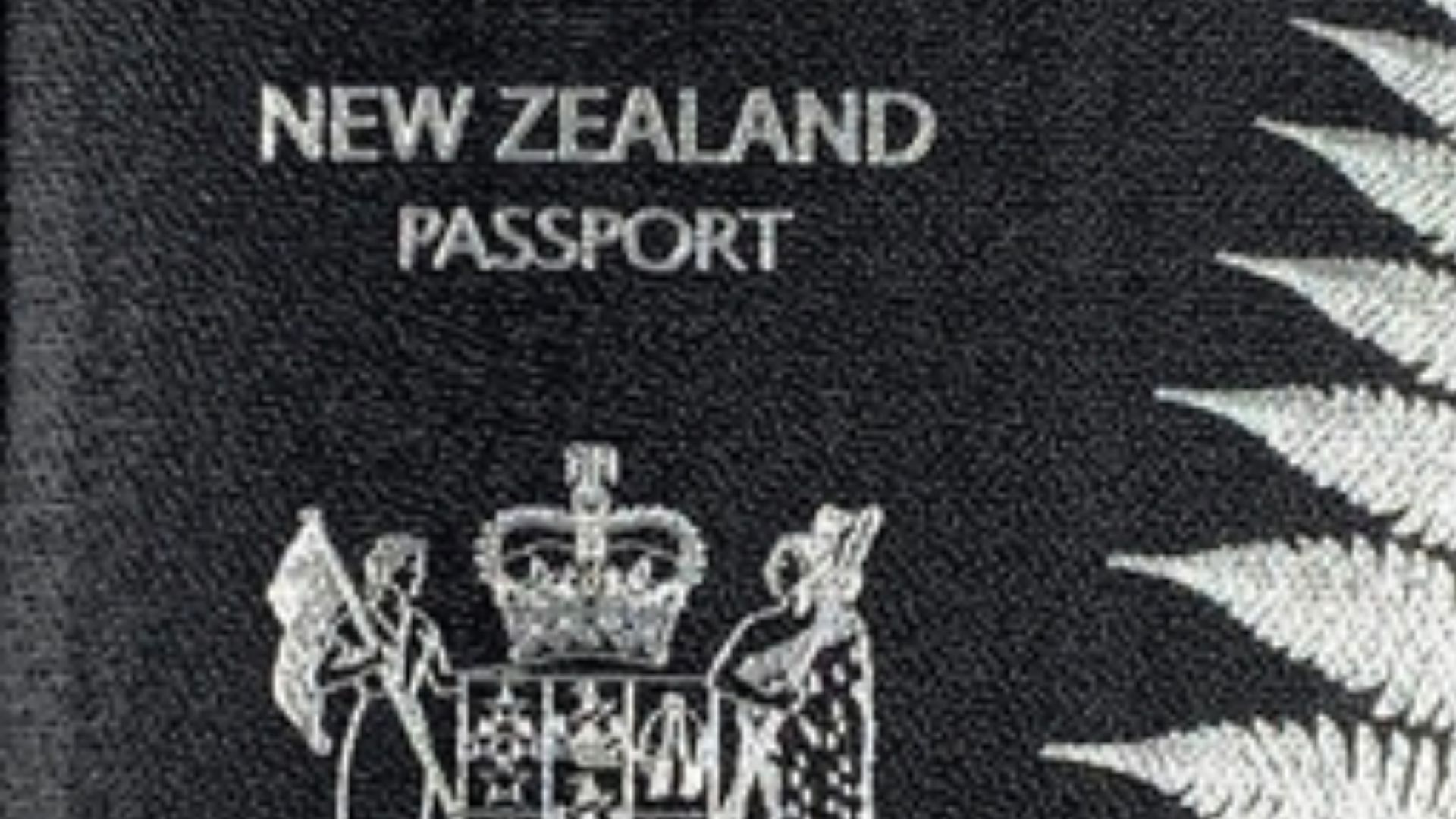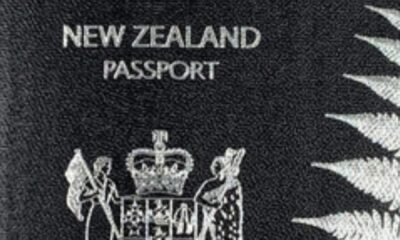Lifestyle
New Zealand Passport Ranked Sixth Globally for Travel Freedom

The latest Henley Passport Index has positioned the New Zealand passport as one of the most powerful in the world, ranking it joint sixth globally. Released in mid-October, the 2025 index reveals that New Zealand citizens enjoy visa-free access to 186 destinations. This places New Zealand alongside countries such as Greece, Hungary, Norway, Portugal, and Sweden.
The index evaluates a total of 199 passports and assesses 227 travel destinations to determine global mobility. Despite its impressive ranking, New Zealand was noted to rank 73rd in openness, sharing this position with Benin, Ghana, and Guyana. This reflects a significant disparity; while New Zealanders can travel freely to many countries, only 61 nations offer visa-free access to New Zealand passport holders.
Experts have observed that this trend is not unique to New Zealand. Similar patterns are noted among other developed countries, including Australia, Canada, the United States, and Japan. According to the report, Singapore retains its top position, granting its citizens visa-free access to 193 destinations, followed by South Korea with 190 and Japan with 189. Australia ranks just below New Zealand, in joint seventh place with Czechia, Malta, and Poland, each allowing access to 185 destinations.
At the other end of the scale, Afghanistan continues to hold the lowest rank, with access to only 24 destinations. This is followed by Syria with 26 and Iraq with 29. The United States has notably fallen outside the top ten for the first time, sharing 12th place with Malaysia, both scoring 180. Once regarded as the world’s strongest passport in 2014, the decline reflects shifting global travel dynamics and a reduction in reciprocal arrangements.
Dr. Christian H. Kaelin, chairman of Henley & Partners and the index’s creator, remarked that the US ranking “signals a fundamental shift in global mobility and soft power dynamics.” He emphasized that countries embracing openness and cooperation are advancing, while those relying on past privileges risk being left behind.
Annie Pforzheimer, a senior associate at the Centre for Strategic and International Studies, attributed this decline in US passport strength to internal political shifts, noting, “Even before a second Trump presidency, US policy had turned inward. That isolationist mindset is now being reflected in America’s loss of passport power.”
The United Kingdom has also seen a decline, reaching its lowest-ever position at joint eighth with a score of 184. Conversely, China has made significant strides, climbing from 94th place in 2015 to 64th in 2025. Dr. Tim Klatte of Grant Thornton China highlighted that this improvement has “significant geopolitical implications,” showcasing the nation’s growing global engagement.
The Henley Passport Index, which is released quarterly, serves as a key benchmark for global mobility and is widely regarded as an indicator of countries’ diplomatic relations, international cooperation, and soft power influence. The evolving rankings underscore the importance of continued openness in international relations as nations navigate the complexities of global mobility.
-

 Sports2 months ago
Sports2 months agoNetball New Zealand Stands Down Dame Noeline Taurua for Series
-

 Entertainment2 months ago
Entertainment2 months agoTributes Pour In for Lachlan Rofe, Reality Star, Dead at 47
-

 Entertainment4 weeks ago
Entertainment4 weeks agoNew ‘Maverick’ Chaser Joins Beat the Chasers Season Finale
-

 Sports4 days ago
Sports4 days agoEli Katoa Rushed to Hospital After Sideline Incident During Match
-

 Sports2 months ago
Sports2 months agoSilver Ferns Legend Laura Langman Criticizes Team’s Attitude
-

 Politics1 month ago
Politics1 month agoNetball NZ Calls for Respect Amid Dame Taurua’s Standoff
-

 Entertainment2 months ago
Entertainment2 months agoKhloe Kardashian Embraces Innovative Stem Cell Therapy in Mexico
-

 World3 months ago
World3 months agoPolice Arrest Multiple Individuals During Funeral for Zain Taikato-Fox
-

 Sports3 months ago
Sports3 months agoGaël Monfils Set to Defend ASB Classic Title in January 2026
-

 Entertainment1 month ago
Entertainment1 month agoTyson Fury’s Daughter Venezuela Gets Engaged at Birthday Bash
-

 Sports1 month ago
Sports1 month agoHeather McMahan Steps Down as Ryder Cup Host After Controversy
-

 World2 weeks ago
World2 weeks agoSevere Winds Hit New Zealand, Over 100 Flights Canceled



















